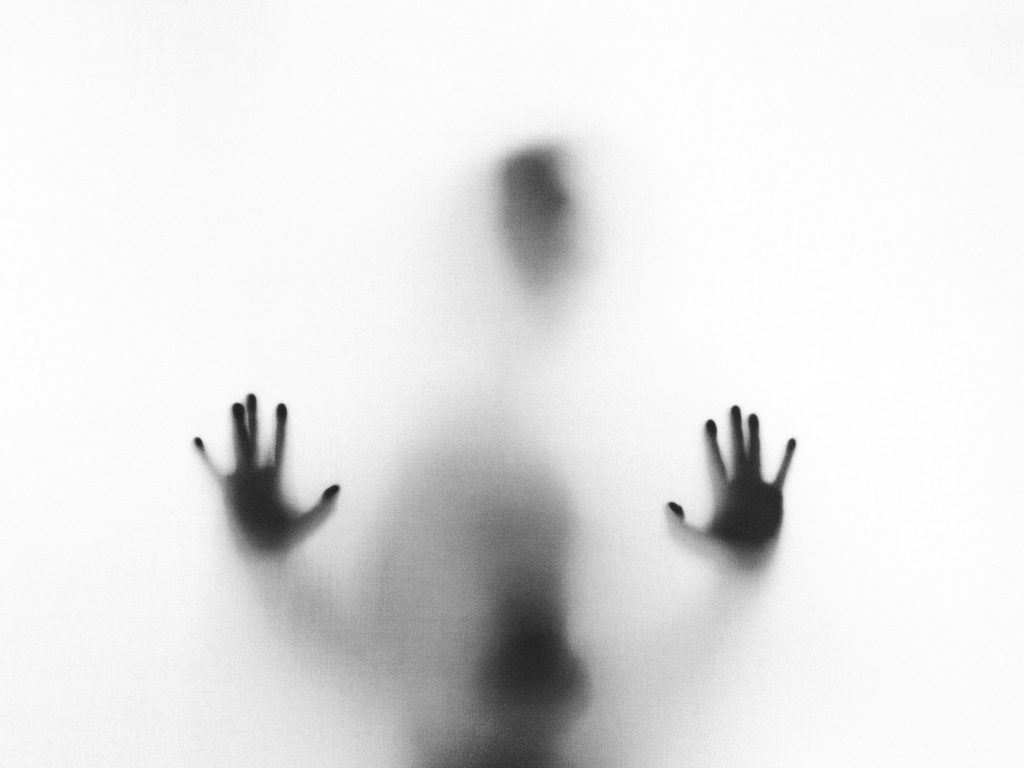Depression is one of the most common mental health conditions worldwide, affecting millions of people each year. It can leave you feeling hopeless, exhausted, and disconnected from life. While traditional treatments like therapy and medication are widely used, many people are now turning to hypnotherapy as a powerful tool to help manage depression and regain emotional balance.
In this article, we’ll explore what depression is, its causes, symptoms, and how hypnotherapy can be an effective treatment option for those seeking an approach to deal with it.
What Is Depression?
Depression is more than just feeling sad—it’s a persistent mental health condition that affects how you think, feel, and function. It can interfere with your daily life, relationships, and even physical health.
Types of Depression
There are different forms of depression, including:
- Major Depressive Disorder (MDD) – Intense sadness lasting for weeks or months.
- Persistent Depressive Disorder (Dysthymia) – Long-term, low-level depression lasting for years.
- Bipolar Disorder – Alternating periods of depression and mania.
- Seasonal Affective Disorder (SAD) – Depression triggered by seasonal changes, usually in winter.
- Postpartum Depression – Depression that occurs after childbirth.
What Causes Depression?
Depression doesn’t have a single cause—it’s often a combination of biological, psychological, and environmental factors.
Common Causes of Depression:
✅ Genetics – A family history of depression can increase your risk.
✅ Brain Chemistry – Imbalances in neurotransmitters like serotonin and dopamine.
✅ Trauma & Stress – Past trauma, abuse, or major life changes can trigger depression.
✅ Chronic Illness – Conditions like diabetes, heart disease, or chronic pain can contribute to depression.
✅ Hormonal Changes – Pregnancy, menopause, or thyroid issues can affect mood.
✅ Negative Thought Patterns – Constant self-criticism and pessimism can reinforce depression.
Understanding the root causes of depression can help in finding the right treatment approach.
Symptoms of Depression
Depression affects both the mind and body, leading to emotional, cognitive, and physical symptoms.
Common Symptoms of Depression:
Emotional Symptoms:
- Persistent sadness or emptiness
- Feelings of hopelessness or worthlessness
- Loss of interest in activities once enjoyed
- Increased irritability or frustration
Cognitive Symptoms:
- Difficulty concentrating or making decisions
- Negative self-talk and excessive guilt
- Suicidal thoughts or self-harm tendencies
Physical Symptoms:
- Fatigue or lack of energy
- Changes in appetite (overeating or loss of appetite)
- Sleep disturbances (insomnia or excessive sleeping)
- Unexplained aches and pains
If these symptoms persist for more than two weeks, it’s important to seek professional help.
How Hypnotherapy Can Help with Depression
While traditional treatments like therapy and medication are effective, hypnotherapy offers a unique and holistic approach to managing depression by working directly with the subconscious mind.
What Is Hypnotherapy?
Hypnotherapy is a guided therapeutic technique that helps individuals enter a deeply relaxed state, allowing them to access their subconscious thoughts and emotions. Unlike common misconceptions, hypnosis is not mind control—it’s a natural state of heightened focus and relaxation.
How Hypnotherapy Works for Depression
Hypnotherapy helps rewire negative thought patterns and replace them with positive, empowering beliefs. Here’s how it can help:
✅ Reprogram Negative Thinking – Hypnosis helps break the cycle of negative self-talk and self-doubt.
✅ Reduce Stress & Anxiety – Deep relaxation techniques lower cortisol levels and promote emotional balance.
✅ Heal Past Trauma – Hypnotherapy can help uncover and process unresolved emotional pain.
✅ Boost Self-Esteem & Confidence – Positive affirmations and guided visualization help rebuild self-worth.
✅ Improve Sleep & Relaxation – Many people with depression struggle with sleep, and hypnosis can promote deep rest.
By addressing the root causes of depression rather than just the symptoms, hypnotherapy provides a long-term solution for emotional healing.
What to Expect in a Hypnotherapy Session for Depression
If you’re considering hypnotherapy for depression, here’s what a typical session might look like:
1. Initial Consultation
The hypnotherapist will discuss your symptoms, triggers, and goals to create a personalized treatment plan.
2. Induction into Hypnosis
You’ll be guided into a deeply relaxed state using breathing exercises and visualization techniques.
3. Suggestion Therapy
The therapist will introduce positive affirmations and mental imagery to help reframe negative thoughts.
4. Regression Therapy (If Needed)
For those with past trauma, the therapist may help you safely revisit and process unresolved emotions.
5. Awakening & Reflection
You’ll gradually return to full awareness, feeling calm, refreshed, and more in control of your emotions.
Most people experience immediate relaxation, while long-term benefits develop over multiple sessions.
Final Thoughts – Can Hypnotherapy Help You Overcome Depression
Depression can feel overwhelming, but you don’t have to face it alone. While traditional treatments like therapy and medication are valuable, hypnotherapy offers a unique and powerful way to heal from within.
If you’re struggling with negative thoughts, low self-esteem, or emotional pain, hypnotherapy could be the breakthrough you’ve been looking for. By working with your subconscious mind, it helps reprogram limiting beliefs, reduce stress, and restore emotional balance.
Would you like to explore how hypnotherapy can help with depression? Take the first step and schedule a consultation today—your path to healing starts here. 💙


